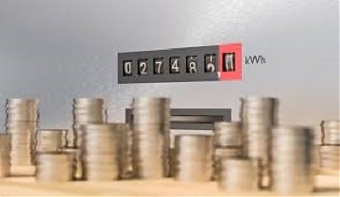Energy, Latvia, Taxation
International Internet Magazine. Baltic States news & analytics
Saturday, 20.04.2024, 13:11
Latvian government does not recommend scrapping MPC by March 31 - PM Karins
 Print version
Print version |
|---|
The prime minister would not give a date for scrapping the
MPC, but said Economics Minister Ralfs Nemiro (KPV LV) has been given two
months to come up with proposals for scrapping the MPC.
Earlier, Saeima ordered the Economics Ministry to analyze possibilities
of abolishing the MPC system as of March 31, but based on the ministry’s
information, a rapid abolition of the MPC system might leave a negative impact
on the economy, so the government decided not to ask Saeima to vote on
scrapping the MPC by the March 31 deadline.
Possible legal action is one of the risks named by the
Economics Ministry. “Investment protection lawsuits, appeals to the
Constitutional Court. These risks could be reduced considerably by providing
compensation mechanisms, introducing a longer transition period,” the ministry
said. The ministry also noted that the risk of losing these court proceedings
is high.
By liquidating the MPC system as of March 31, Latvia will
fail to reach its renewable energy goal in 2020. Latvia will not be able to
ensure that after 2020, the share of energy produced from renewable resources
is not lower than 40 % of gross energy consumption. In that case, the European
Commission could turn to the Court of Justice of the EU and impose sanctions on
Latvia.
The Economics Ministry said that after liquidation of MPC as
of March 31, the majority of MPC support recipients would become insolvent and
at least 1,500 residents would lose their jobs. Tax payments from these
companies that would not be paid into the state budget amount to EUR 36.5 mln
in 2019.
The ministry also has estimated that after phasing out MPC,
intermediate consumer costs would drop by 0.4%, profits of businesses would
rise by 0.44%, and producer prices would decline 0.19%. Also, electricity
bills to households would decrease by 15% and households would have additional
EUR 40.1 mln in their disposal that could be spent on other needs.








 «The Baltic Course» Is Sold and Stays in Business!
«The Baltic Course» Is Sold and Stays in Business!

